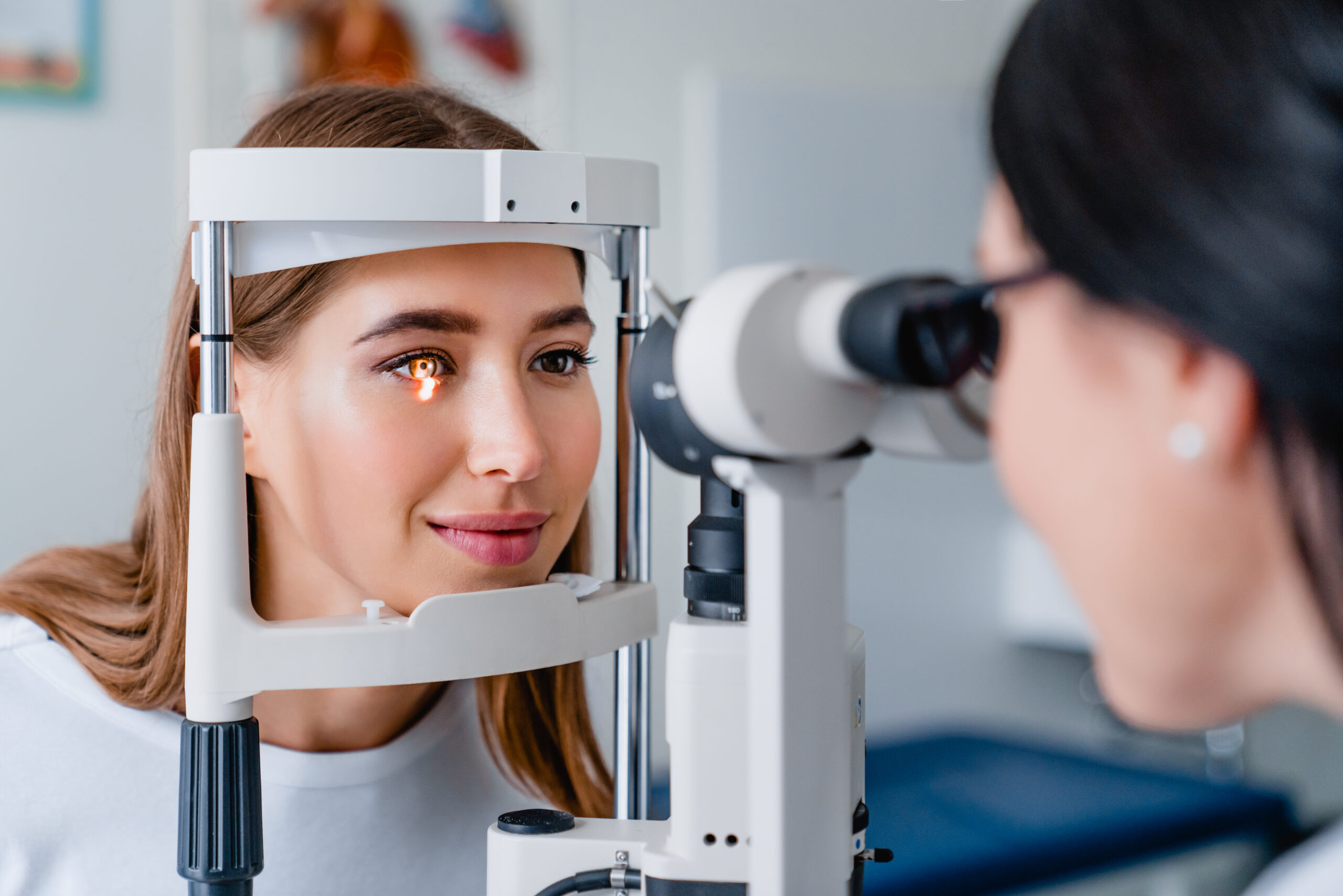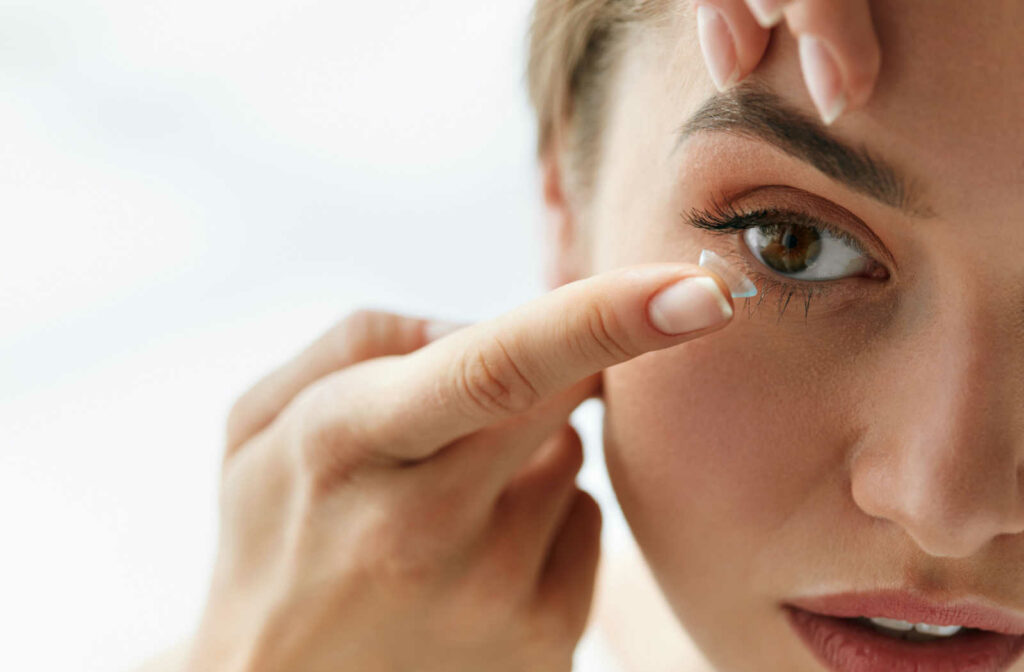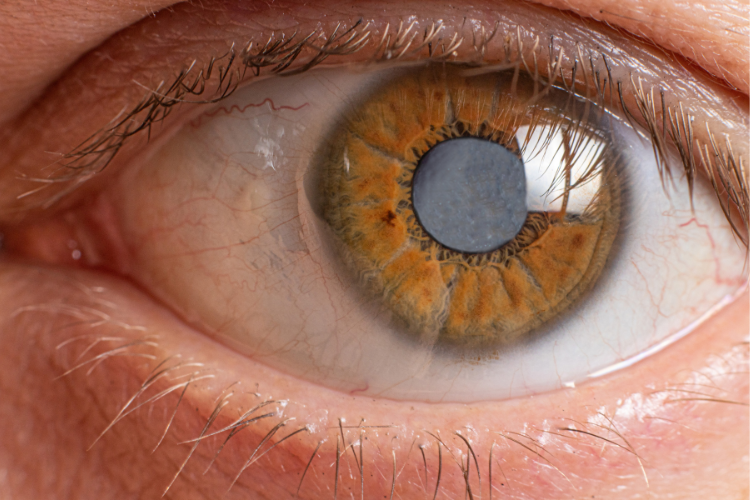Routine eye check-ups are important for several reasons, as they serve various crucial functions in maintaining your eye health and overall well-being:
- Early Detection of Eye Diseases: Routine eye exams can detect eye diseases and conditions at their earliest stages, often before you experience symptoms. Early detection is critical for effective treatment and preserving vision. Common eye conditions that can be detected early include glaucoma, macular degeneration, diabetic retinopathy, and cataracts.
- Monitoring Eye Health: Regular check-ups allow your eye care professional to monitor any changes in your eye health over time. This monitoring is essential for tracking the progression of eye diseases and assessing the effectiveness of treatment.
- Vision Correction: Routine eye exams can identify refractive errors such as myopia (nearsightedness), hyperopia (farsightedness), and astigmatism. With the prescription provided during the exam, you can obtain corrective lenses (glasses or contact lenses) to improve your vision and quality of life.
- Updating Prescriptions: If you already wear glasses or contact lenses, routine eye check-ups ensure that your prescription remains up-to-date. An accurate prescription is crucial for maintaining clear and comfortable vision.
- Preventative Care: Eye exams can help identify risk factors for eye conditions, such as high intraocular pressure (a risk factor for glaucoma) or changes in the blood vessels (which may indicate diabetic retinopathy). Identifying these risk factors early allows for preventive measures and lifestyle changes that can reduce the risk of future problems.
- Treatment Planning: In cases where an eye condition is detected, routine eye check-ups enable your eye care provider to create a tailored treatment plan. This plan may include medications, surgery, or other interventions to manage or correct the condition.
- Overall Health Assessment: In addition to assessing your eye health, routine eye exams can sometimes reveal signs of underlying systemic health conditions. For example, certain eye abnormalities can be indicative of diabetes, hypertension, or neurological disorders.
- Preservation of Quality of Life: Good vision is essential for daily activities, including work, driving, reading, and enjoying hobbies. Regular eye check-ups help ensure that you can maintain a high quality of life by addressing vision issues promptly.
- Children’s Vision: Routine eye exams are particularly important for children to detect and correct vision problems early. Good vision is crucial for learning and development, so addressing vision issues in childhood is essential for academic success and overall well-being.
- Personalized Care: Eye exams are tailored to your individual needs and may include additional tests or screenings based on your age, medical history, and risk factors. This personalized approach ensures that you receive the most appropriate care.
In summary, routine eye check-ups are essential for maintaining good eye health, preventing vision loss, and detecting eye and systemic health issues early. Regular visits to an eye care professional can help ensure that your eyes and vision remain in the best possible condition throughout your life.
For More information, contact Dr. Bipin Shah, Ophthalmologist in Matunga. Visit Shanta Medical Centre Charitable medical trust in Mumbai.




